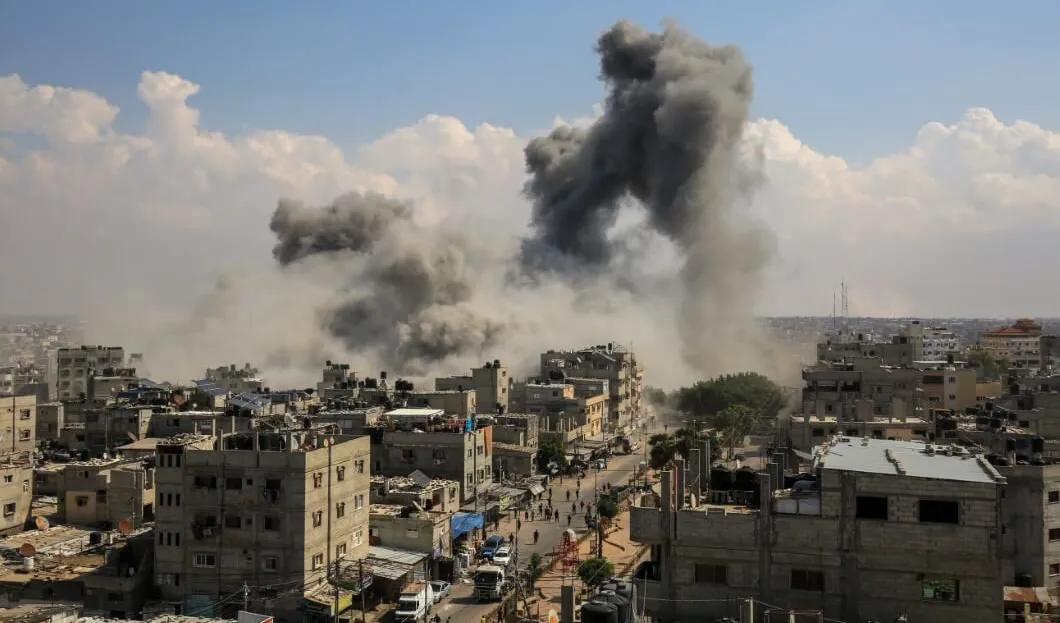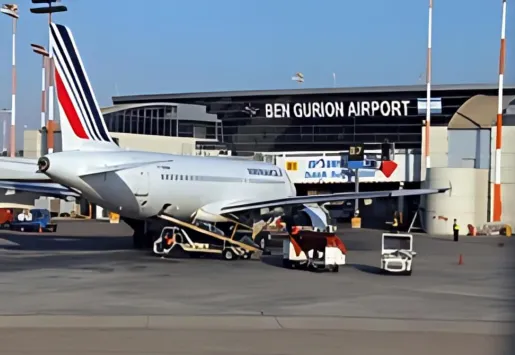
Standard & Poor's (S&P), a rating agency, has reported that the ongoing war between Israel and Hamas is causing damage to the tourism sector in the Middle East and North Africa. The region's other economies are also being impacted, in addition to the catastrophic loss of life and costly damage to infrastructure.
According to the report, the countries most affected by the conflict will be Lebanon, Egypt, and Jordan due to their proximity to the conflict zone and the possibility of the war spreading beyond its current borders. Lower real GDP growth is expected in these nations, weakening their external positions, though international donors may provide some support to mitigate the situation. Experts estimate the financial impact of a loss of 10%, 30%, or 70% of tourism revenues, respectively, in each of the three countries, depending on the possible scenarios.
Last year, tourism contributed 26 percent of Lebanon's current account revenues, 21 percent in Jordan, 12 percent in Egypt, and 3 percent in Israel.
According to the report, the effect of the conflict on tourism in Gulf countries, Turkey, and Iraq is expected to be insignificant. However, it largely depends on the duration and the extension of the war to other regions. The duration is estimated to last between three to six months, and the battle is expected to remain limited to Israel and Gaza.
Experts warn that any escalation could lead to the opening of new fronts in the region. It could also cause the flight of investment portfolios and deposits of non-residents, as well as a decline in foreign direct investment. Furthermore, the growing protests in the Middle East and North Africa could contribute to social instability and heighten political risks.
Tourism plays a significant role in providing employment opportunities and foreign exchange for many countries in the Middle East. In 2023, it experienced a robust recovery. As per the United Nations World Tourism Organization, the number of tourists visiting the region in the first seven months of this year surged by 20% compared to the same period in 2019.














